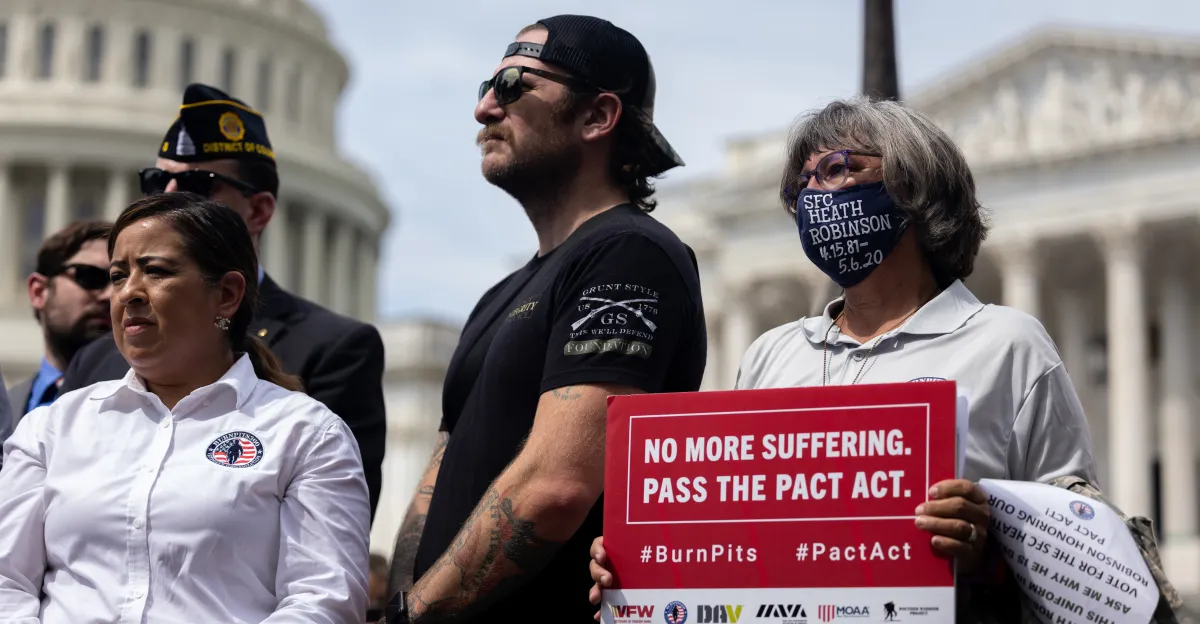Within the VA mental health care system, there are successes and failures in every program. This is to be expected when operating an organization that is trying to navigate helping over 9 million veterans, a constantly shifting budget from an often indifferent or hostile congress, and the stigma ingrained in service members inside the Department of Defense culture. While it is unreasonable to expect the VA to perfectly perform on every case, it is not unreasonable to expect them to do better.
Currently there are a few glaring successes and failures to take a hard look at, in order to locate, close with, and destroy the enemy of deficiencies in mental health treatment. In order to provide the correct context, we’ll start with what they’re doing well.
In recent years, as so much emphasis has been placed on the suicide rates of veterans and the consequences for neglecting mental health treatment for them and for those around them, that the VA has put the accelerator down hard on educating the public about services, both for suicidal ideation and PTSD, and providing emergency mental health support. In point of fact, it is difficult to have any communication with the VA’s health or disability services without being offered the option to speak to a professional mental health services. Currently, only an estimated 50% of eligible veterans receive medical care from the VA, so the full court press is intended to improve those numbers as well.
Now for the downsides. That 50% figure at this point is not encouraging. Whether it comes from a lack of education of benefits, the inability of the VA to provide those benefits to a sufficient degree, or from a continuation of the historical stigmas about receiving treatment.
Speaking of availability of resources, they are hit and miss. Some clinics don’t receive sufficient funding, or can’t hire adequate staff to properly address their case load for the population they are meant to serve. Even those that have the money to afford personnel can’t find enough qualified individuals. This issue can lead to existing staff being overworked, and the systems being overburdened. When this happens appointments get scheduled months out, rather than days or weeks, which rarely bodes well for the patients who need them.
Of all the issues involving treatment, or lack thereof, continuity of care seems to be the most complex to address. The scheduling already mentioned is one part; maintaining a high standard of care when appointments are months apart is not a realistic expectation. Another is what the VA refers to as Community Care. This is a program that ostensibly seems like good common sense; if the VA cannot provide the services you need within a reasonable distance of your home, or within a reasonable timeframe, then the government will schedule and cover comparable services at a private institution. However, this sometimes falls into the good intentions, poor execution category. VA and private systems talk about as well as VA and DoD systems, which is to say badly. While tests and services are rendered, results and follow ups fall through the cracks. When one considers the often time sensitive nature of neurological and psychological medical concerns, it is very clear that this point of failure cannot be allowed.
Around 2008, the US Marine Corps developed the Operational Stress Control and Readiness (OSCAR) Program. One of the key takeaways of the program was that simply getting service members to treatment was insufficient; follow up treatment and just as importantly, reintegration was critical to a complete recovery plan. The same must be true of the Department of Veterans Affairs.
Just as we must take care of one another through our communities, so must the VA. Care for mental health cannot only be posting a suicide hotline number, or asking a series of self harm questions before a physical. Once treatment begins, follow ups must be timely and consistent, to ensure a steady path to healing, rather than a bumpy road that circles back to where it began. This will mean more providers and more case managers, which is more cost, yes. This is the societal contract we as Americans agree to each time we send a member of the armed forces into danger. If we are willing to pay to send service members into dangerous places, we cannot abdicate responsibility for their care when they return, from beginning to end.



%201.svg)




.jpg)




